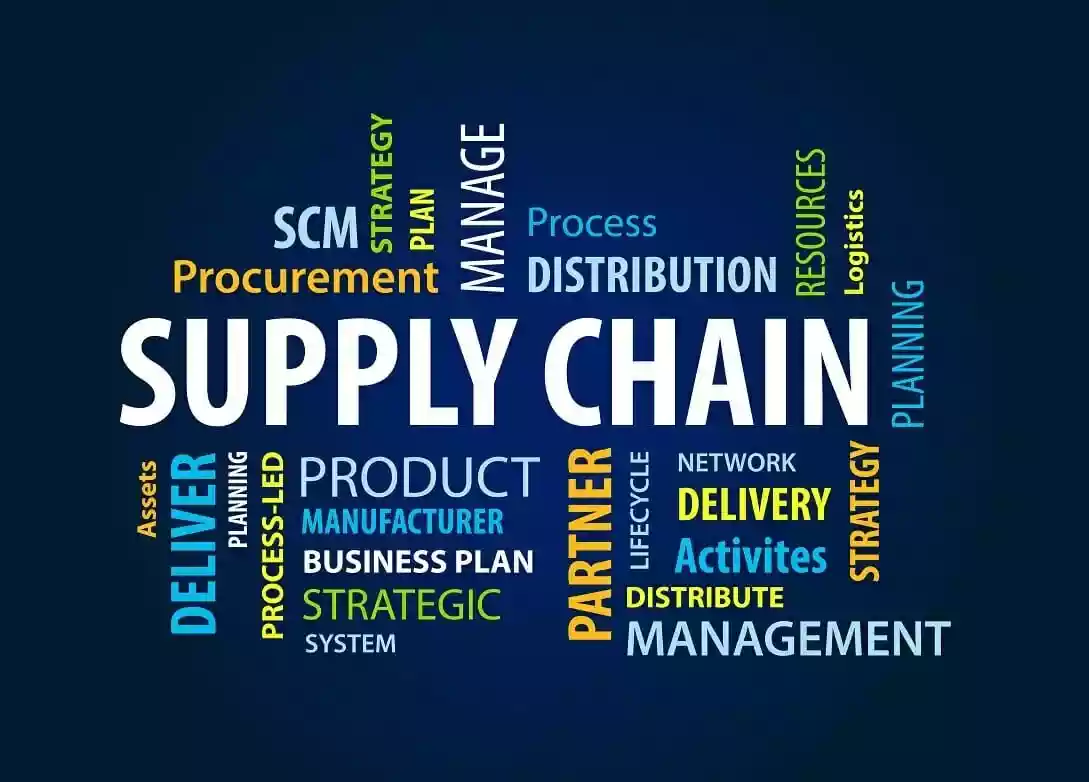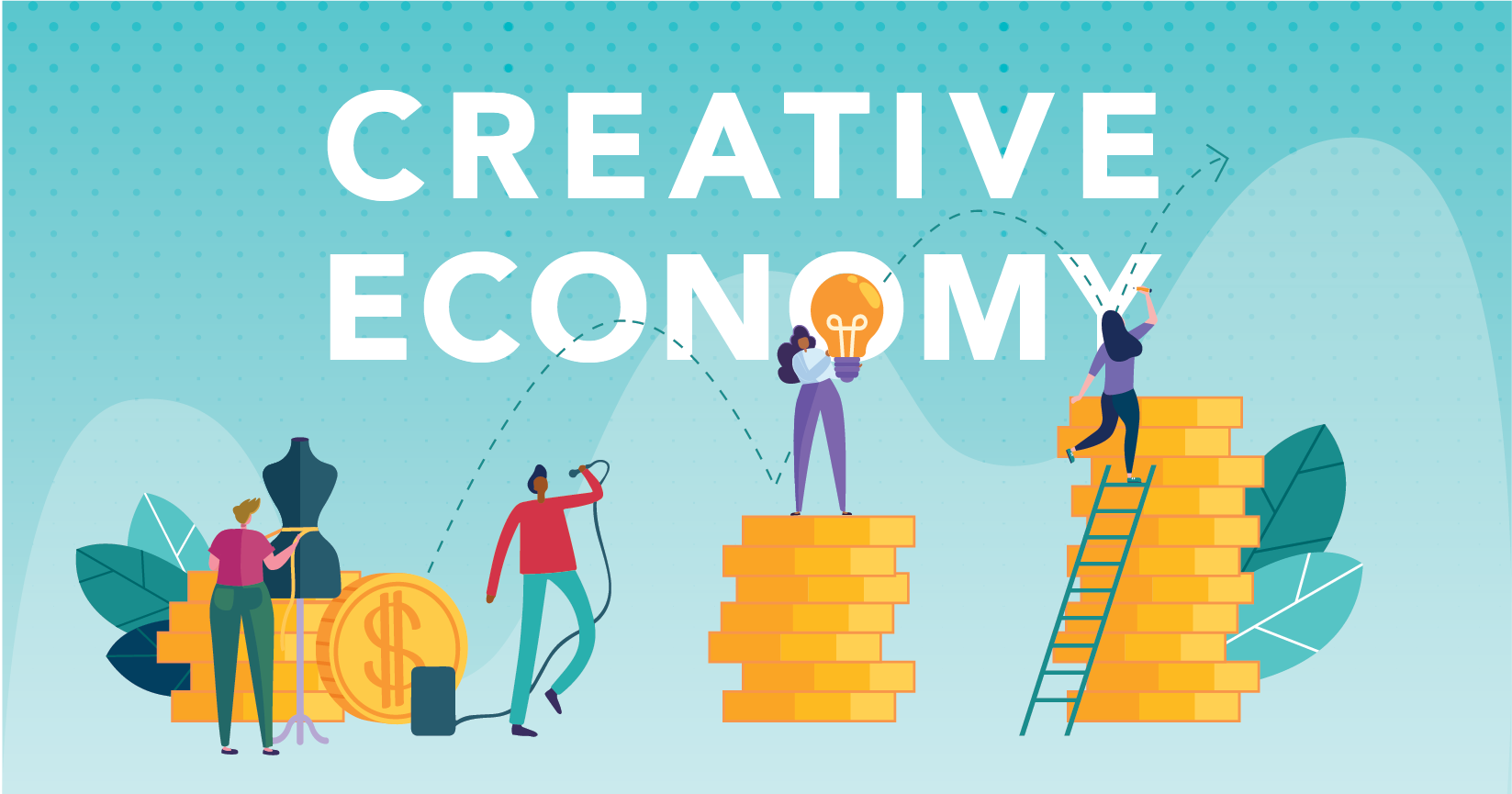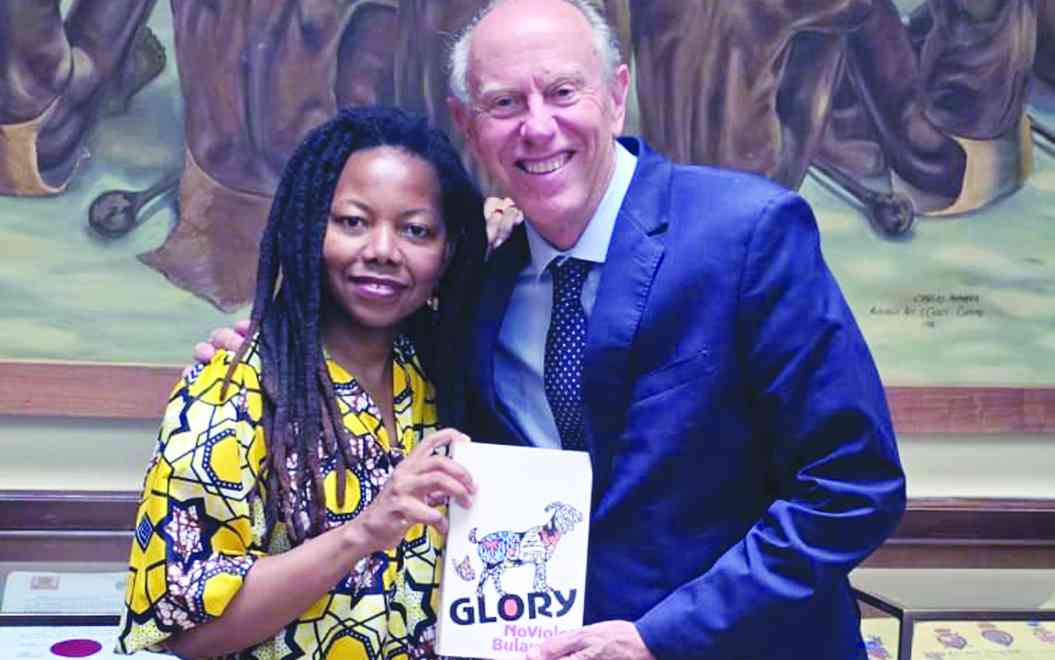
The prevalence of single-income households has been rising globally, and Africa is no exception. Most of these households are headed by women, often as a result of job losses, unplanned parenthood, marital breakdown, or widowhood.
Step-families and grandparent-led households are also increasingly visible in many communities. In Africa, single-mother households are particularly widespread. Research indicates that 22% of women aged between 20 and 49 on the continent are unmarried mothers.
This demographic shift is not only reshaping family structures but also deepening economic vulnerabilities. For many families, the absence of a second income stream has entrenched intergenerational poverty, slowed economic growth, and weakened women’s participation in the economy.
Gendered poverty, economic
The gender dimension is critical. Women already face lower wages, limited access to land and capital, and disproportionate care responsibilities.
When households rely on a single income, often from women in insecure and low-paying jobs, economic shocks hit harder.
In recent years, women’s economic parity has fallen further behind, exacerbated by the pandemic, climate-related disruptions and sluggish economic recovery across the continent. Single-income households, particularly those headed by women, carry a double burden: they absorb the direct costs of education, healthcare, and childcare while also navigating economies where tax systems and social safety nets are not designed for their realities.
Policy gaps in family recognition
- Mavhunga puts DeMbare into Chibuku quarterfinals
- Open letter to President Mnangagwa
- Feature: ‘It’s worse right now than under Mugabe’: Sikhala pays the price of opposition in solitary cell
- Masvingo turns down fire tender deal
Keep Reading
Despite these shifts, economic and social policies remain largely structured around nuclear families and traditional employment.
In developed countries such as the United States, tax systems are more nuanced. They take into account marital status, number of dependents, household headship, age, and even veteran status. Social services such as healthcare and education are heavily subsidised, reducing the financial pressure on households. In Zimbabwe and much of Africa, tax obligations are blunt. They are based almost entirely on how much one earns and the form of employment, without considering family structure, caregiving burdens, or the gendered nature of poverty.
Government support for single-income households is virtually non-existent. As a result, households are forced to allocate scarce resources to meet costs that, in other parts of the world, are absorbed by social protection systems.
The consequences are stark. The average monthly income of a single-income household in Zimbabwe is about US$247. Against this limited income, families must cover food, rent, education, healthcare, and transport, leaving little to no disposable income.
Zimbabwe’s economic context
The economic backdrop compounds these challenges. In 2024, Zimbabwe’s growth slowed to 2% due to the El Niño-induced drought, which triggered food shortages, price hikes, and mounting unemployment.
Around 80% of the workforce now depends on the informal sector, where wages are low, jobs insecure, and social protection almost absent.
While growth is projected at 6% in 2025, the structure of the economy remains problematic. With much of economic activity taking place in the informal sector, the formal tax base is shrinking.
In response, the Zimbabwe Revenue Authority (Zimra) is seeking to widen the tax net to capture informal earners. Yet the central question remains: how feasible is it to tax households already surviving on US$247 a month?
Tax administration challenges
Zimbabwe’s tax administration has long struggled with inefficiency.
Collection systems are outdated, enforcement inconsistent, and taxpayer education limited. Corruption further undermines credibility.
Tax avoidance and evasion, especially by large corporates and politically-connected entities, remain rampant.
Studies show that building compliance requires more than enforcement. It demands policies that raise disposable incomes, lower tax rates for the poor, nurture new tax bases, and expand financial literacy.
Instead, government efforts have tended to focus on extracting more revenue from the poor majority while neglecting systemic leakages at the top.
The mining sector, for instance, is notorious for illicit financial flows.
Billions are lost annually through under-invoicing, transfer pricing, and smuggling. Yet because the sector is politically sensitive, authorities have been reluctant to enforce strict compliance.
The result is perverse: poor households bear a disproportionate tax burden while elites and multinational corporations exploit loopholes.
Direct vs indirect taxes
Globally, evidence shows that well-structured direct taxes, such as progressive income taxes, can stimulate development by attracting investment, reducing unemployment, and fostering redistributive justice.
Indirect taxes, however, tend to be regressive. They raise the cost of living, discourage investment, and weigh most heavily on low-income households.
Zimbabwe relies heavily on indirect taxes, including value-added tax and excise duties, which disproportionately affect poor families.
For single-income households, this structure compounds inequality.
Every dollar spent on basic goods attracts taxes, effectively penalising survival.
Revenue vs budget
In late 2024, Zimra reported a 7,15% revenue surplus. On the surface, this seemed encouraging. But much of the increase reflected inflation and currency distortions rather than genuine expansion in tax compliance. Despite the apparent surplus, the national budget remains in deficit.
This means education, healthcare, and other critical services continue to receive inadequate funding.
High public debt and illicit outflows further strain public finances, shifting the weight of budget financing onto taxpayers who can least afford it. For single-income households, this translates into higher out-of-pocket expenses for services that should be publicly funded.
Education, social services
Zimbabwe once boasted some of Africa’s best education and healthcare systems. Today, both sectors are in crisis.
Teacher shortages, underfunded schools, and declining standards force families to resort to private schooling, paid tutoring, or home-based alternatives. The costs are crippling for households with a single income.
Healthcare is equally dire. Public hospitals are under-equipped, under-staffed, and under-funded. Most citizens now rely on expensive private care or turn to home remedies as a last resort.
Other social services, such as child protection and community welfare, remain skeletal. In countries with strong welfare states, these services buffer households against poverty. In Zimbabwe, their absence pushes families further into precarity.
Why tax justice matters
Tax justice is not just about raising revenue. It is about how that revenue is raised and how it is used. For single-income households, especially those led by women, fair taxation could mean the difference between survival and destitution.
A progressive, gender-sensitive tax system could ease the burden on the poor while ensuring that wealthy elites and multinational corporations contribute their fair share.
Moreover, effective tax administration could unlock resources for investment in education, healthcare, and social services — investments that directly benefit single-income households and support broader development.
Recommendations
Tax systems need urgent reviewing to include evolving family and income dynamics, which now fall outside of just nuclear families with directly taxable incomes.
Tax reforms as well as policies involving taxation and tax laws need to be developed and reviewed from a feminist perspective as part of attaining economic gender equity.
The impact of ineffective tax administration has a greater negative effect on struggling and poor families.
Tax bases and rates need to adopt pro-poor lens so that the poor do not continue to get poorer while the rich get away avoiding and evading their tax responsibilities. Education, healthcare and other social services should continue to be a priority for national budgets.
Nations are as developed as the quality of their social services and systems.
Jaravaza is an independent consultant on business and development. She writes in her personal capacity, her interests are in sustainable entrepreneurship and social economic policies and activities. These weekly New Horizon articles published in the Zimbabwe Independent and coordinated by Lovemore Kadenge, an independent consultant, managing consultant of Zawale Consultant (Private) Limited, past president of the Zimbabwe Economics Society (ZES) and past president of the Chartered Governance & Accountancy Institute in Zimbabwe (CGI Zim). — [email protected], 0772382852.











